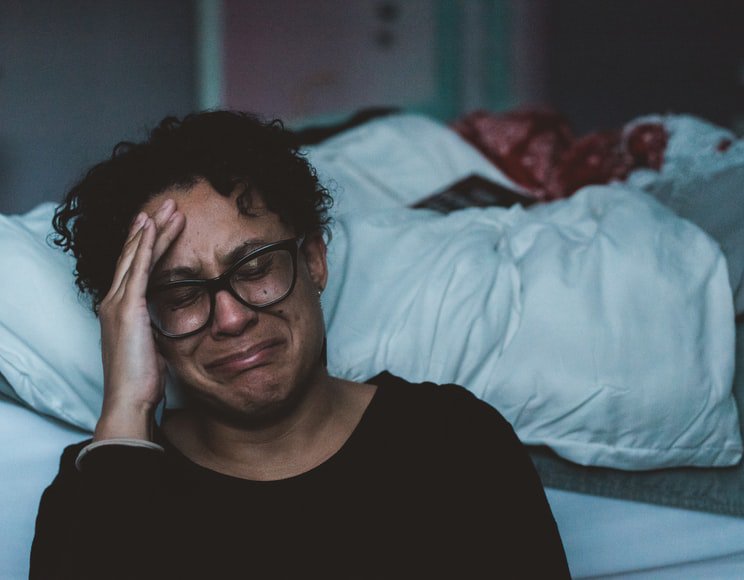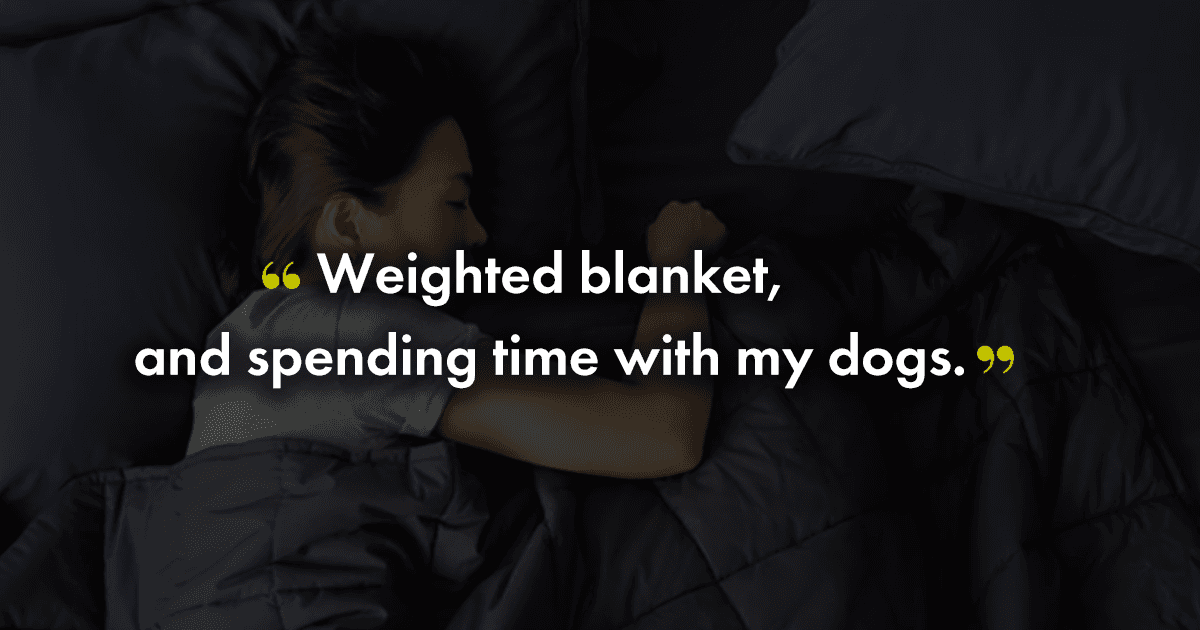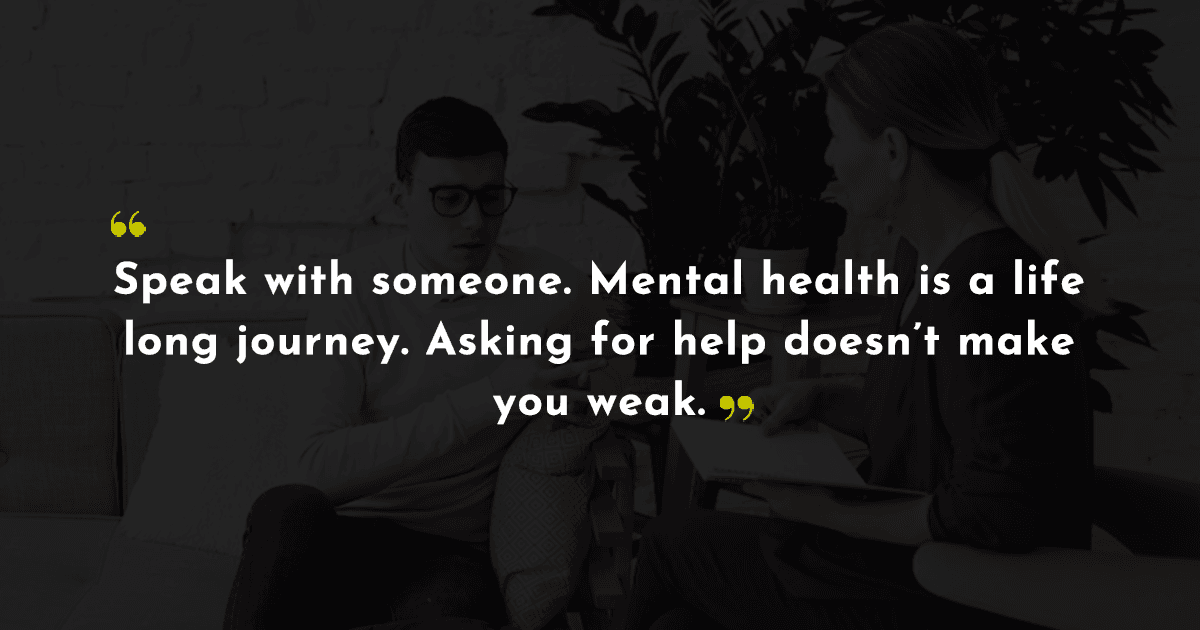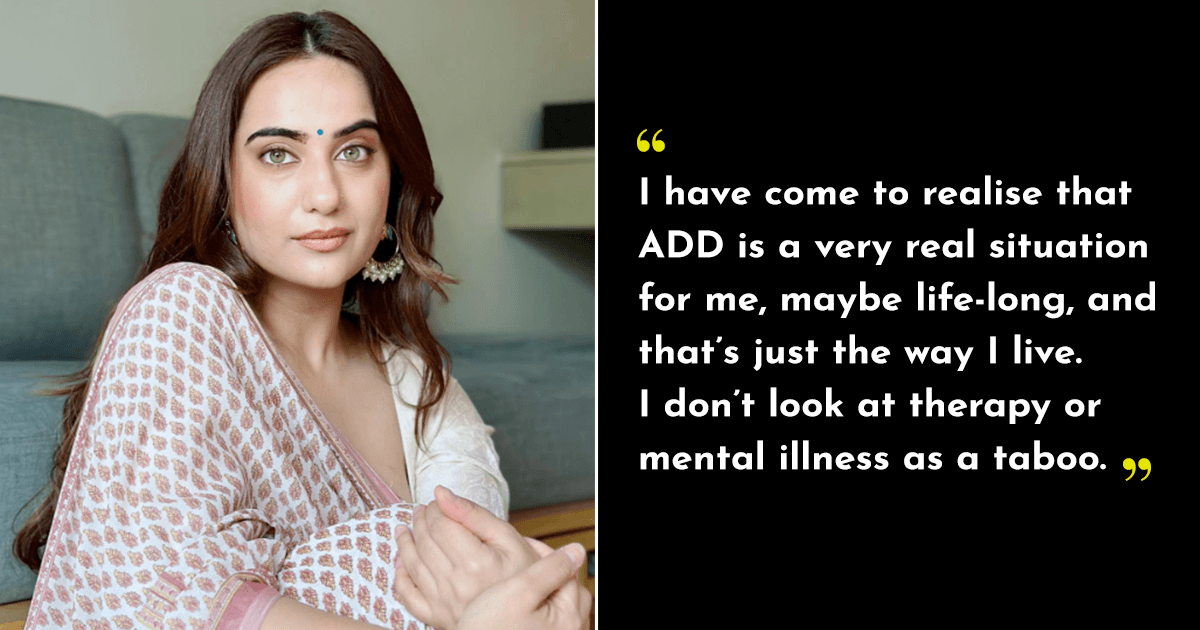On the morning of 1st July, 2018 the nation woke up to an incident where 11 people belonging to a family were found blindfolded, hung from an iron grill in their home in Burari under mysterious circumstances.
The police investigations almost clearly ruled out the possibility of a murder and suggested that the entire household committed ‘mass suicide’ due to ‘shared psychotic disorder’. A senior police officer told HT:
Our interaction with psychologists has indicated that the family could be suffering from ‘shared psychotic disorder’ in which all the members in a group do the bidding of their leader as they trust them unconditionally and believe they would be led out of the worldly problems.

Wondering what shared psychotic disorder is?
It’s a rare mental disorder in which people around a delusional person begin to believe in them and get influenced by their emotional and mental state.
Since families are constantly in close proximity, this rare form of mental disorder can occur among a larger number of individuals – especially in families.

For example, if someone in your family is suffering from a psychotic disorder as a part of which they believe in something unusual, you might also start believing in the same over time.
How to identify?
It’s not easy to identify psychotic disorders. A few common symptoms include, hallucinations (seeing or hearing things that aren’t real) and delusions (believing things that aren’t true, even when they get the facts). It can also affect the patient’s sleep and social life.
There are no lab tests that specifically diagnose shared psychotic disorders. Mental health experts are best trained to identify the condition after talking to the person, listening to their symptoms and observing their attitude and behaviour.

Causes
The exact cause of shared psychotic disorders is still unknown but experts suggest that following factors can lead up to it.
Social isolation
Personality disorder
Untreated mental disorder
Communication difficulties
Cognitive impairment

Does it always lead to suicide?
People with shared delusions mostly have suicidal thoughts and might also enter into such pacts among each other. If that’s the case, it is crucial to evaluate the patient for suicidal or homicidal thoughts.

How to deal with someone with a psychotic disorder?
If you see that a family member, friend, or someone you know is disturbed, you should encourage them to seek professional help. Treatment of psychotic disorders varies from case to case and is most cases separating people from each other would help.
If you, or someone you know, is suffering from depression, experiencing suicidal thoughts, or just need someone to talk to, remember that help is just a phone call away. Reach out to the following helplines in India. BMC mental health helpline: 022-24131212 (available 24X7), Vandrevala Foundation: 186-02662345/180-02333330 (24×7) or AASRA: 91-9820466726 (available 24X7).

















